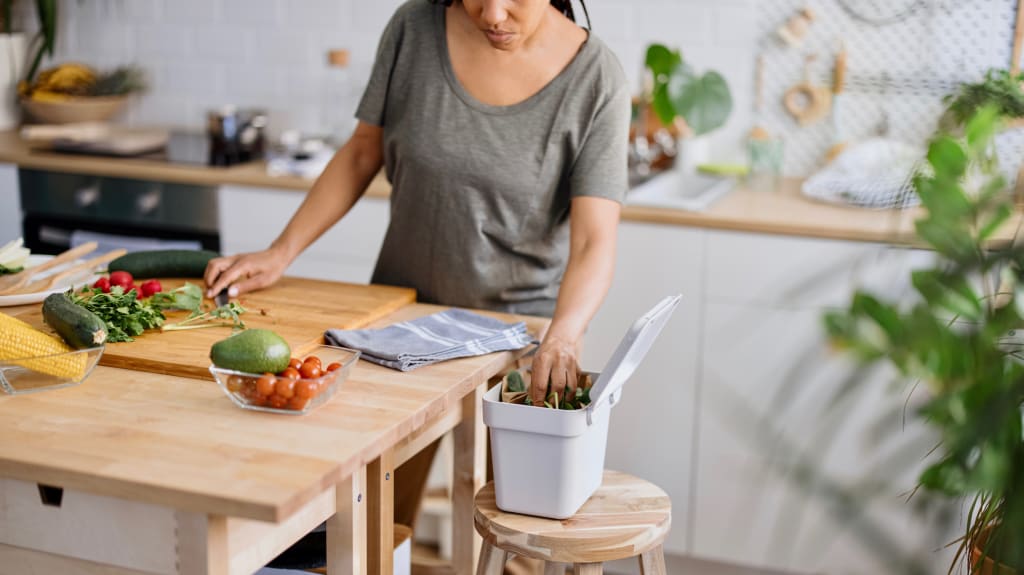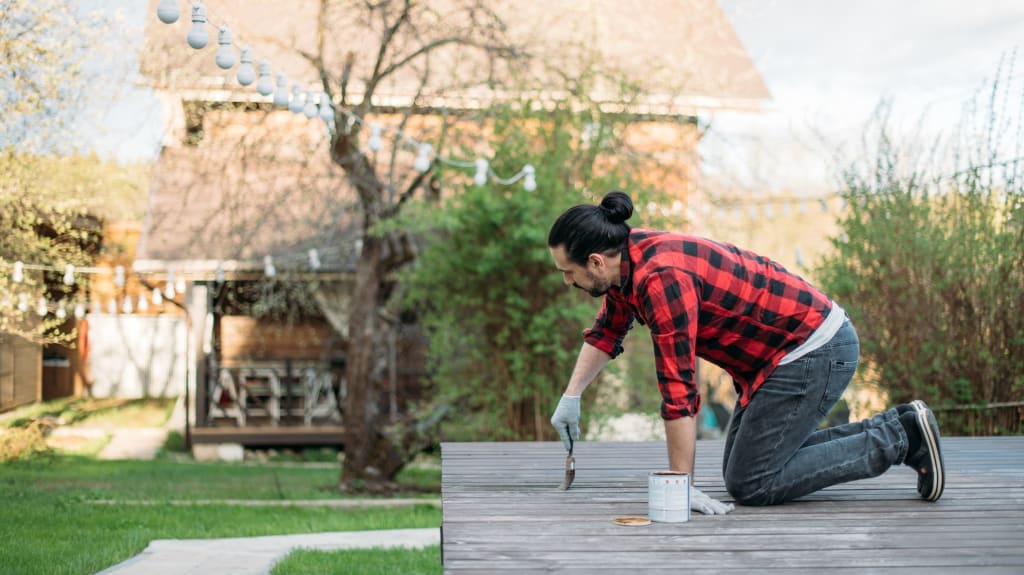Want to try your hand at composting but don't know where to start? Read on to learn the basics and develop a habit that can fit into your day-to-day.
Understand the benefits of composting
You probably already know that composting is good for our health and the planet. But what else does it have to offer? Why would anyone take on such a messy endeavour? Here's what composting can do:
Reduce residential waste
Generate a fertilizer for gardens, planting beds, lawns and indoor plants
Reduce the transportation of waste and help decrease greenhouse gases
Prevent methane emissions in the atmosphere by keeping waste out of landfills
Reduce the use of dangerous substances that are harmful for the environment by replacing them with compost
What can you compost?

It's important to know what can and can't be composted.
Greens that can be composted includes fruit and vegetable trimmings, coffee grounds and grass clippings.
Browns that can be composted Leaves, twigs, hay, straw and wood shavings. They break down slower than greens.
Tempting ... but no. Leaves from sick plants, seeds that could sprout, chemically treated materials, ash, fish and bones, seashells, animal excrement, meat and dairy products.
Put up a list where you can see it to make it easier to sort through your waste. This information is often distributed by your municipality. You can also download the Ça va où app. It can help you figure out what goes where.
Making heads and tails of different composting methods
Next step: Choosing the right compost method for you. Here are some of your options.
Indoor composting You can use a bin, garbage can, plastic crate or bucket. The city might provide you one, but you're welcome to get your own. You can even use a margarine container!
Outdoor composting There are 2 ways to go about this: by creating a pile in a corner of your yard, or with a bin.
Get the materials you need and choose your technique. Be sure to check the information provided by your municipality.
What bags can you put in your brown bin? Will your municipality accept them?
You may think they can go in the big bin, but oxo-biodegradable and degradable bags don't necessarily turn into compost.
Note that biodegradable products only decompose in natural settings and aren't always compostable. Compostable products are naturally biodegradable. The degradation process is accelerated in an industrial setting.
How often is everything collected?
When are the green waste collection dates?
Does your city offer compost distribution? If yes, when?
How to maintain your compost?

How do you maintain your compost? This is one of the trickier aspects of composting. But there are a lot of tricks to help you. Recyc-Québec has an FAQ about it (in French only, 2023). What should you do if your compost ...
Is too dry? Add water, take the lid off during a light rain or add greens.
Is too wet? Add dry browns and turn it.
Is too compact? Add coarse materials (like woodchips) and turn it.
Has an unpleasant smell? Add dry browns and turn it.
Is attracting flies? Cover food scraps with newspaper, dead leaves, straw, sawdust or soil.
For the Colpron family, it was always natural to do what's right for the environment. They got into the habit of composting 30 years ago before it was trendy. The youngest in the family, Laurence, kept the tradition alive when she bought her own home.
A composter for over 10 years, her biggest tip is: "An easy way to keep your food scraps from smelling is to put them in the freezer. Just don't forget to label the container so you don't get it confused with your dinner! [Laughs] When it's full, I take it right out to my brown bin outside. Then I don't have to deal with the smell."
Using your compost

The final stage is optional. No one is going to force you to use your compost as fertilizer, but it's an interesting option. If you want to keep it for personal use, keep in mind that compost that's six to eight months old will protect your soil against bad weather and weeds.
If it has aged for 10 to 12 months, it can act as a fertilizer and is useful in gardens and as a soil amendment. If not, it can always be picked up by your municipality through its brown bin program.
Could friends or family also benefit from EspaceProprio’s expertise? Invite them to take a look at what we have to offer.




